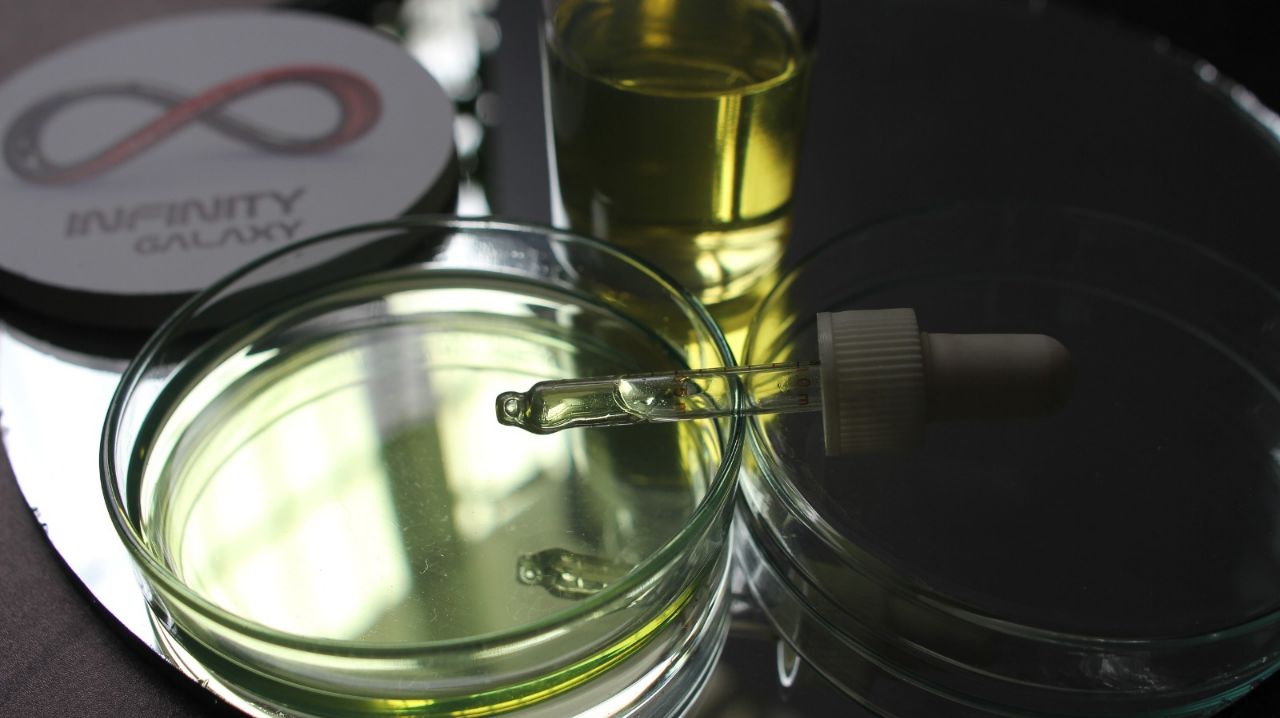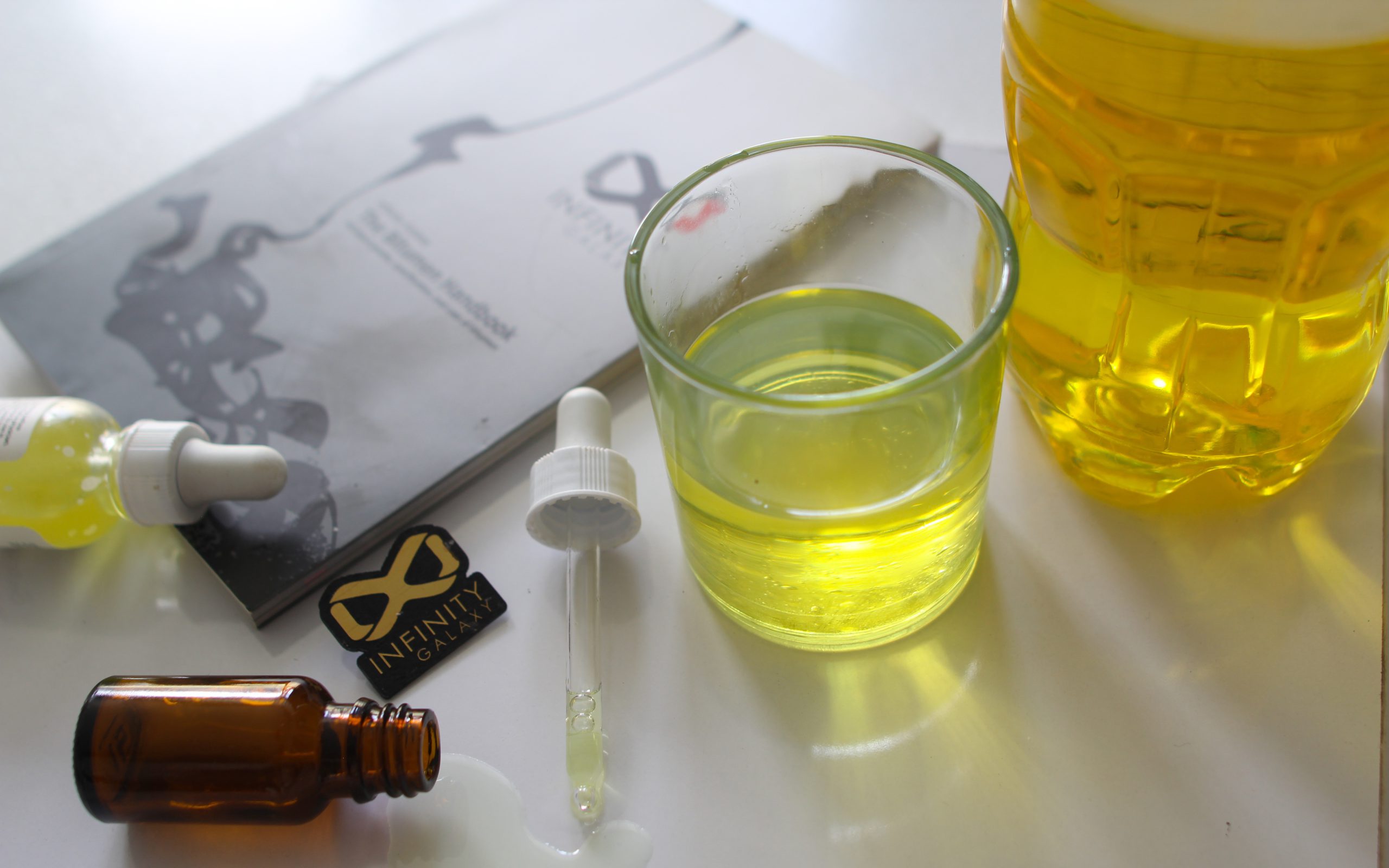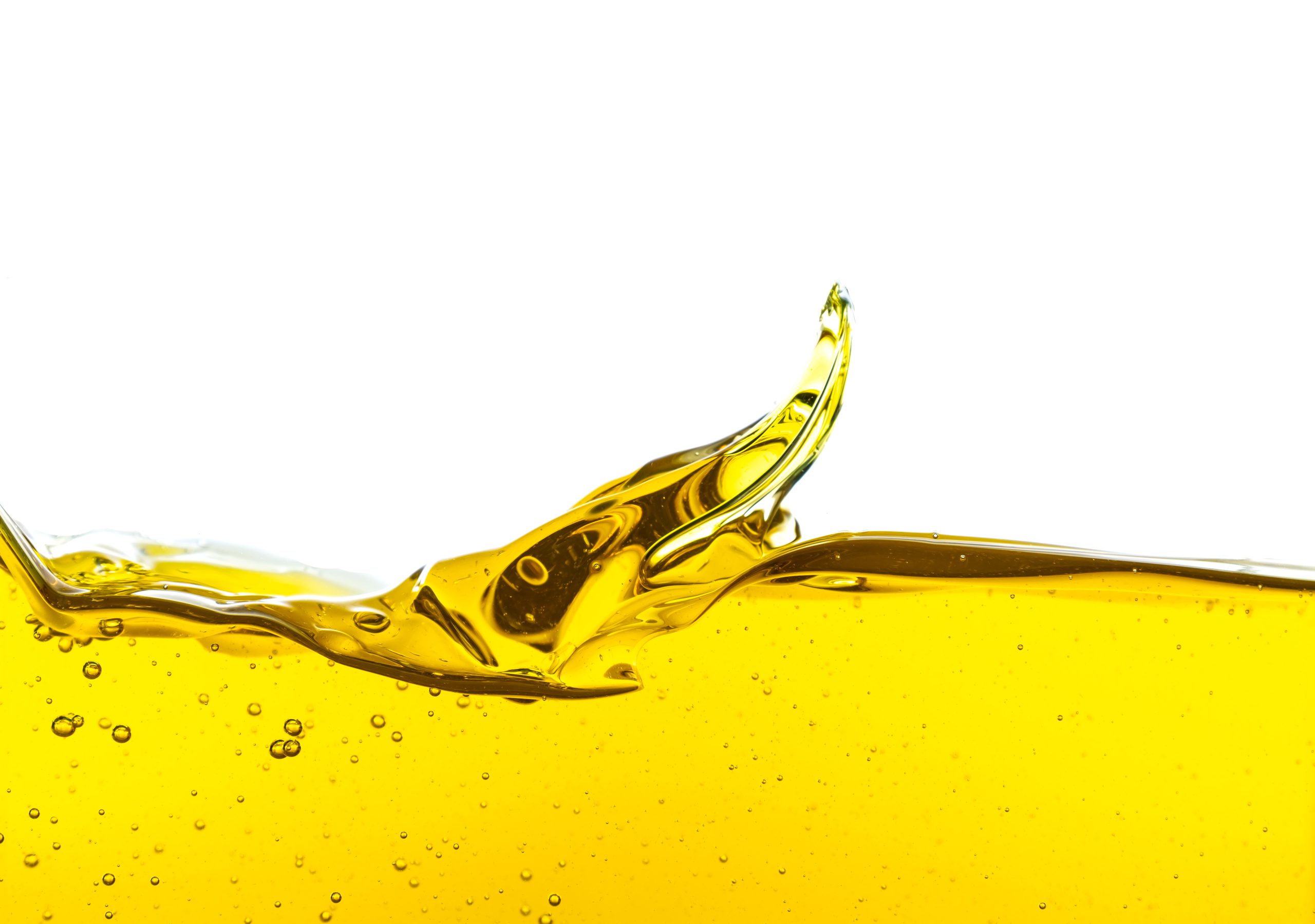The main base oil application is as lubricants. This petroleum based product is the raw material in different lubricants such as grease. It can also be applied in automotive, aviation, and marine industries.
Base oils are converted into the final product with the required additives; however, they typically make up 70–95% of the finished product.
In this article, we explain various base oil applications in more detail.
Automotive Industry
One of the most important characteristics of the base oil chosen for the automotive industry is its viscosity and viscosity index.
If the base oil has a high viscosity, it creates too much resistance to the metal parts moving against each other. On the other hand, if it is not viscose enough, it can’t lubricate them properly, and friction between moving parts will increase.
The high viscosity index allows the base oil to work at very high and very low temperatures. Engine oils and hydraulic oils are two important categories of lubricating oils in the automotive industry.
If you are interested in knowing more about the Viscosity and Viscosity Index effect on the base oil performance, read the Base Oil Properties.
Engine Oils
The main role of engine oils is to minimize friction between engine components and cleaning combustion materials that are produced in the engine. The Society of Automotive Engineers (SAE) defines a numerical system for grading engine oils according to viscosity.
Engine oils have the highest amount of additives among lubricants. About 10-20% of engine oil consists of additives such as corrosion inhibitors, viscosity index modifiers, antifreeze, detergent, etc.

Hydraulic Oils
Hydraulic oils are used for the transfer of power from one part to another. Automotive hydraulic oils, including gear oil, transmission oil, brake oil, and steering oil, have the dual role of lubricating and transferring power.
Hydraulic oils have fewer additives than engine oil; therefore, the base oil properties have a more important effect on its characteristics. A good hydraulic oil should have a high viscosity index, a high flash point, minimum toxicity, and a low foaming tendency.
Greases
Grease is a semi-solid lubricant that is made up of 70–95% base oil, 3–30% thickener, and 0–10% additives. Grease can be used for lubricating machines and vehicles components or any industrial equipment. In addition, it can act as a sealant to minimize the liquid leakage in industrial locations.
The base oil type used in a grease production has an impact on its viscosity. In general, low-load and high-speed equipment use base oils with lower viscosities, while high-load and low-speed systems use base oils with higher viscosities.

Industrial Equipment and Components
Industrial machinery operates in difficult situations, such as dirt and moisture, high friction, high pressure, and extreme temperatures.
Industrial oils keep machinery from breaking down. These oils increase the machinery components lifetime by protecting them against wear, corrosion, and foaming. Above all, they improve operating efficiency and reduce maintenance costs.
Industrial oils have several applications, each with its own unique composition and properties. The following is an explanation of the most important categorization of industrial oils:
Metalworking Industry
Metalworking oil is used to cool and lubricate metal components in metal machinery such as lathing, cutting, grinding, and milling.
These lubricants reduce friction and heating between metal components while also improving machine quality by removing chips, fines, and small pieces of metal during operation.
Metalworking oils are primarily made of water and base oils, but they may also include a variety of additives, such as biocides, antifoams, antioxidants, and anti-corrosives, to improve performance and lifetime of metal machinery.
Heat Transfer Oil
Heat transfer oil is a stable, highly refined paraffinic oil that is intended for use as a quenching oil and heat transfer medium.
In many industrial applications, heated oil is circulated via a heat exchanger to produce indirect heating, which lowers hot spots and improves heating process safety.
More than 95% of the heat transfer oil is base oil, and the rest are additives such as high-temperature antioxidants and anti-corrosion agents.
Base oils to be used in the heat transfer oil must have certain basic properties. The most important of them is low viscosity. Other properties include low volatility, high flash temperature, good oxidation, and thermal stability.
Turbines
Turbine oil is used for lubricating the gears and other parts of a turbine. In addition to lubrication capacity, it is also effective in cooling and removing sludge, rust, and corrosion.
More than 90% of the formula for turbine oil is the base oils; the remaining consists of additives including corrosion and oxidation inhibitors, anti-foams, and demulsifiers.
Compressors
Compressor oils are used for cooling, cleaning, sealing and lubrication of the moving parts of compressors. Similar to turbine oil, the majority of compressor oil is base oil.
Compressor oil should have anti-foam, demulsibility, and a high viscosity index to not lose its efficiency in very cold and humid conditions.
Bearing System
Bearings are mechanical assemblies that support rotating shafts in machinery. They prevent metal-to-metal contact between two elements in relative motion.
This reduces friction, heat generation, wear and tear on parts. Bearings are used in many machines, including automobiles, airplanes, and electric generators.
Bearing oil is used to lubricate each part of the bearing and to reduce friction and heat generation under high-speed operation.
Aviation Industry
Aircraft Engine Oils
Aircraft engine oil, similar to automotive engine oil, acts as lubrication, cooling, cleaning, and anti-corrosion.
But due to the difference in the operating environment in airplanes, the structure of the engine oil in them must be suitable for the temperature conditions and special pressures at high heights.
Marine industry
Marine Equipment’s Engine Oils
Marine equipment such as ships, boats, cranes need engine oil for better operation and longer life.
Marine engine oils are designed to be more resistant to stress, corrosion, and moisture than automotive engine oils. These oils usually contain 20-35% additives such as anti-corrosions, anti-oxidations, and the majority of them are base oils.
Process Oils
Process oils are specialized oils used in chemical and technical applications as a raw material or as processing assistance, such as in the cosmetics, polymer, and agricultural spray industries.
Tires, rubber-based technical products, and other goods with polymers are all created using process oils as a polymer softener.
Process oil can be a base oil with aromatic, naphthenic, and paraffinic natures. They also contain low levels of nitrogen, oxygen, and sulfur compounds.








